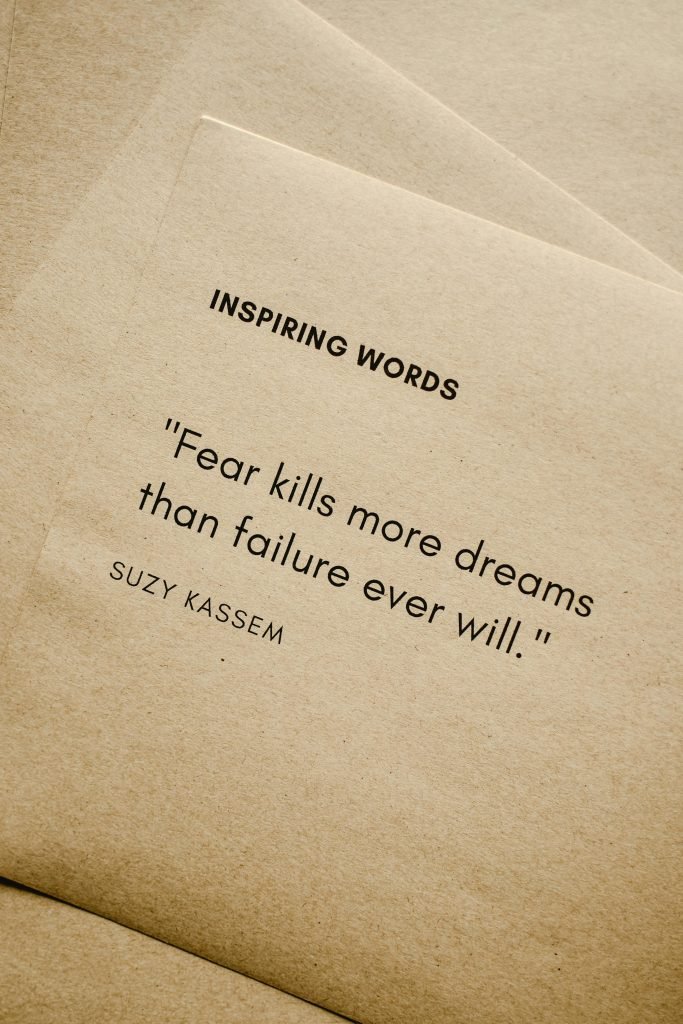In the vast tapestry of human history, certain individuals stand out for their extraordinary contributions to society. These legends have left indelible marks through their courage, dedication, and unwavering commitment to justice and environmental conservation. Among these towering figures are Nelson Mandela and Wangari Maathai, two African icons whose legacies continue to inspire and guide new generations. In this article, we delve into the remarkable lives of Mandela and Maathai, exploring their profound impact on the world and the timeless lessons we can learn from their journeys.
Nelson Mandela: The Struggle for Freedom and Equality
Early Life and Political Awakening
Nelson Mandela was born on July 18, 1918, in the small village of Mvezo in the Eastern Cape of South Africa. His early life was steeped in the cultural traditions of the Thembu people, and his father was a chief in the local community. Mandela’s exposure to the injustices faced by his people from an early age sowed the seeds of his lifelong struggle against apartheid.
Mandela’s political awakening began during his time at the University of Fort Hare and later at the University of Witwatersrand, where he studied law. It was here that he met key figures in the African National Congress (ANC) and became deeply involved in the fight against the institutionalized racial segregation imposed by the apartheid regime.
The Fight Against Apartheid
In 1944, Mandela joined the ANC and co-founded its Youth League, which sought to invigorate the organization with more radical and militant strategies. The ANC’s Defiance Campaign in the 1950s, which Mandela played a significant role in organizing, marked a shift towards mass resistance against apartheid laws. Mandela’s commitment to the cause was unwavering, and his leadership was instrumental in mobilizing widespread support for the anti-apartheid movement.
In 1961, after years of nonviolent protest, Mandela helped establish Umkhonto we Sizwe (Spear of the Nation), the armed wing of the ANC, in response to the increasing brutality of the apartheid regime. This decision underscored Mandela’s belief that all avenues of struggle must be pursued to achieve freedom and equality.
Imprisonment and Global Advocacy
Mandela’s activism came at a great personal cost. In 1962, he was arrested and later sentenced to life imprisonment for his involvement in planning acts of sabotage against the apartheid state. Mandela would spend the next 27 years in prison, primarily on Robben Island, becoming a symbol of resistance and resilience for people around the world.
During his imprisonment, global pressure mounted on the South African government to dismantle apartheid. International campaigns calling for Mandela’s release, coupled with economic sanctions and diplomatic isolation, highlighted the global community’s condemnation of apartheid. Mandela’s name became synonymous with the struggle for freedom and justice.
Liberation and Leadership
Mandela was finally released from prison on February 11, 1990. His release marked the beginning of a new era in South Africa. Mandela’s leadership was pivotal in the peaceful transition from apartheid to a multiracial democracy. In 1994, he was elected as South Africa’s first black president in the country’s first fully representative democratic election.
As president, Mandela focused on reconciliation and nation-building, striving to heal the deep racial divides that had torn South Africa apart. His policies emphasized forgiveness, unity, and economic development. Mandela’s legacy as a statesman and a peacemaker is celebrated worldwide, and his life’s work continues to inspire movements for justice and equality.
Key Lessons from Nelson Mandela’s Life
- Perseverance in the Face of Adversity: Mandela’s unwavering determination, despite decades of imprisonment, exemplifies the power of perseverance.
- The Power of Forgiveness: Mandela’s focus on reconciliation and forgiveness, rather than retribution, helped to unite a fractured nation.
- Commitment to Justice: Mandela’s lifelong dedication to fighting injustice serves as a powerful reminder of the importance of standing up for human rights.
Wangari Maathai: Champion of Environmental Conservation and Human Rights
Early Life and Education
Wangari Maathai was born on April 1, 1940, in the rural village of Ihithe in Kenya. Her early life was deeply connected to the natural environment, fostering a love for the land that would shape her future activism. Maathai’s academic journey began at a local primary school and continued at Loreto High School in Limuru.
In 1960, Maathai received a scholarship to study in the United States as part of the Kennedy Airlift program. She earned a Bachelor’s degree in Biological Sciences from Mount St. Scholastica College in Kansas and later a Master’s degree from the University of Pittsburgh. Upon returning to Kenya, Maathai pursued a PhD in Veterinary Anatomy at the University of Nairobi, becoming the first woman in East and Central Africa to earn a doctorate.
Founding the Green Belt Movement
Maathai’s academic achievements were just the beginning of her transformative impact. In 1977, she founded the Green Belt Movement (GBM), an environmental organization focused on tree planting, environmental conservation, and women’s rights. The GBM aimed to combat deforestation, soil erosion, and environmental degradation, which were threatening Kenya’s ecosystems and rural livelihoods.
Through the GBM, Maathai mobilized thousands of women to plant millions of trees across Kenya. This grassroots movement not only restored the environment but also empowered women by providing them with economic opportunities and fostering a sense of community and purpose.
Environmental Activism and Political Challenges
Maathai’s environmental activism often put her at odds with Kenya’s political establishment. She was an outspoken critic of government policies that prioritized economic development over environmental sustainability. Maathai’s activism led to numerous confrontations with the authorities, including violent crackdowns on peaceful protests and personal threats.
Despite these challenges, Maathai’s resilience never wavered. Her advocacy extended beyond environmental issues to encompass human rights, democracy, and social justice. She was a vocal opponent of land grabbing and corruption, which were rampant in Kenya’s political landscape.
Global Recognition and Nobel Peace Prize
Maathai’s tireless efforts earned her international acclaim. In 2004, she became the first African woman to receive the Nobel Peace Prize, recognized for her contributions to sustainable development, democracy, and peace. The Nobel Committee highlighted the interconnectedness of environmental sustainability and social justice in awarding her this prestigious honor.
Maathai used her global platform to advocate for broader environmental and human rights issues, addressing audiences around the world and working with international organizations. Her legacy extends far beyond tree planting; she inspired a global movement for environmental stewardship and social change.
Key Lessons from Wangari Maathai’s Life
- Grassroots Empowerment: Maathai’s work demonstrates the power of grassroots movements in driving meaningful change.
- Environmental Stewardship: Maathai’s commitment to environmental conservation underscores the importance of protecting natural resources for future generations.
- Courageous Advocacy: Maathai’s fearless activism in the face of political opposition highlights the importance of standing up for what is right.
Learning from Legends: The Legacy of Mandela and Maathai
The lives of Nelson Mandela and Wangari Maathai offer profound lessons for anyone seeking to make a difference in the world. Their stories are testaments to the impact that individuals can have when they are driven by a deep sense of purpose and an unwavering commitment to justice and sustainability.
Perseverance and Resilience
Both Mandela and Maathai faced immense challenges and opposition throughout their lives. Mandela’s 27 years in prison and Maathai’s confrontations with the Kenyan government are powerful reminders of the importance of perseverance. They showed that resilience in the face of adversity is essential for achieving lasting change.
The Power of Forgiveness and Reconciliation
Mandela’s approach to post-apartheid South Africa emphasized forgiveness and reconciliation. He believed that true healing could only come from understanding and cooperation. This lesson is particularly relevant in today’s polarized world, where divisions often run deep.
Community and Environmental Stewardship
Maathai’s work with the Green Belt Movement highlights the importance of community engagement and environmental stewardship. Her efforts to empower women and protect the environment show that sustainable development is a holistic process that benefits both people and the planet.
Advocacy for Justice and Equality
Both legends dedicated their lives to fighting for justice and equality. Their unwavering commitment to these principles serves as a powerful call to action for current and future generations. Mandela and Maathai demonstrated that advocating for the rights of the marginalized and protecting the environment are critical components of creating a just and sustainable world.
Conclusion: Carrying Forward the Legacy
As we honor the legacies of Nelson Mandela and Wangari Maathai, we are reminded of the enduring power of individual action. Their stories teach us that each of us has the potential to make a significant impact on the world. By embodying the principles of resilience, forgiveness, community engagement, and advocacy for justice, we can continue their work and create a better future for all.
At History Maker 101, we celebrate the lives of these extraordinary individuals and strive to inspire others to follow in their footsteps. Let the stories of Mandela and Maathai motivate you to pursue your own path of positive change, whether in your community, your country, or the world. Together, we can honor their legacies and become history makers in our own right.




